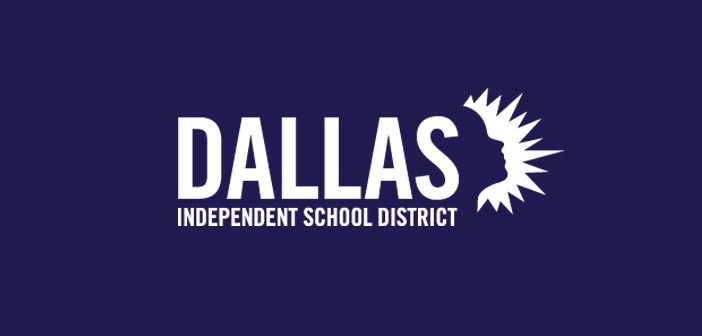The Language, Literacy, and Social Studies (and friends) departments came together to provide a virtual conference for teachers and staff on October 24, 2020. In these unprecedented times, organizers said it was very meaningful to have a virtual conference available on a Saturday as an opportunity to hear from several noted experts about their research that is directly applicable to the challenges educators face every day. Organizers said participants benefited both from keynote speakers addressing the whole conference and from being able to choose from mini-sessions that were most interesting to them.
Here is some of the feedback organizers received from participants:
“The session that impacted me the most was that presented by Dr. Eric Jensen. In it, he touched on how stress and conflict affect the human brain, and then he contextualized this for teachers who face students who are sometimes unable to retain information or who behave in ways commonly described as oppositional and defiant. Jensen skillfully captured how neuroscience can improve instructional practices, but he also made a powerful connection between the functioning of anxious and angry adolescent brains and how they react to input from teachers. He also shared invaluable insights with teachers about why and how they can deescalate disruptive behavior and help students learn how to manage their feelings in productive ways.”
“I wish every teacher could have heard the information presented by The New Teacher Project. Their research on why kids are not prepared for post-secondary education could, I feel, change practices we see in some classrooms. I know I felt a renewed dedication to providing a curriculum that meets the rigor of the TEKS, and my hope is that students will receive the rigorous instruction that they need and deserve.”
“Participants had the opportunity to practice engagement in the classroom by co-creating an authentic rap with Ike Ramos from Flocabulary. It was inspiring to see educators from different grade-levels and contents come together to grow their craft, and I must say, we have an extremely creative and musically-inclined Dallas ISD family!”
“Dr. Muhammad’s ‘Learning With the Expert’ was my favorite session. I really liked what he said about how the bell curve model for education is anti-equity because it doesn’t address where kids are; instead, it fits them into categories based on predetermined percentages that may or may not address their needs.”
Organizers thank all of our teachers and staff who participated in this year’s conference and look forward to implementing our learning in this school year.

